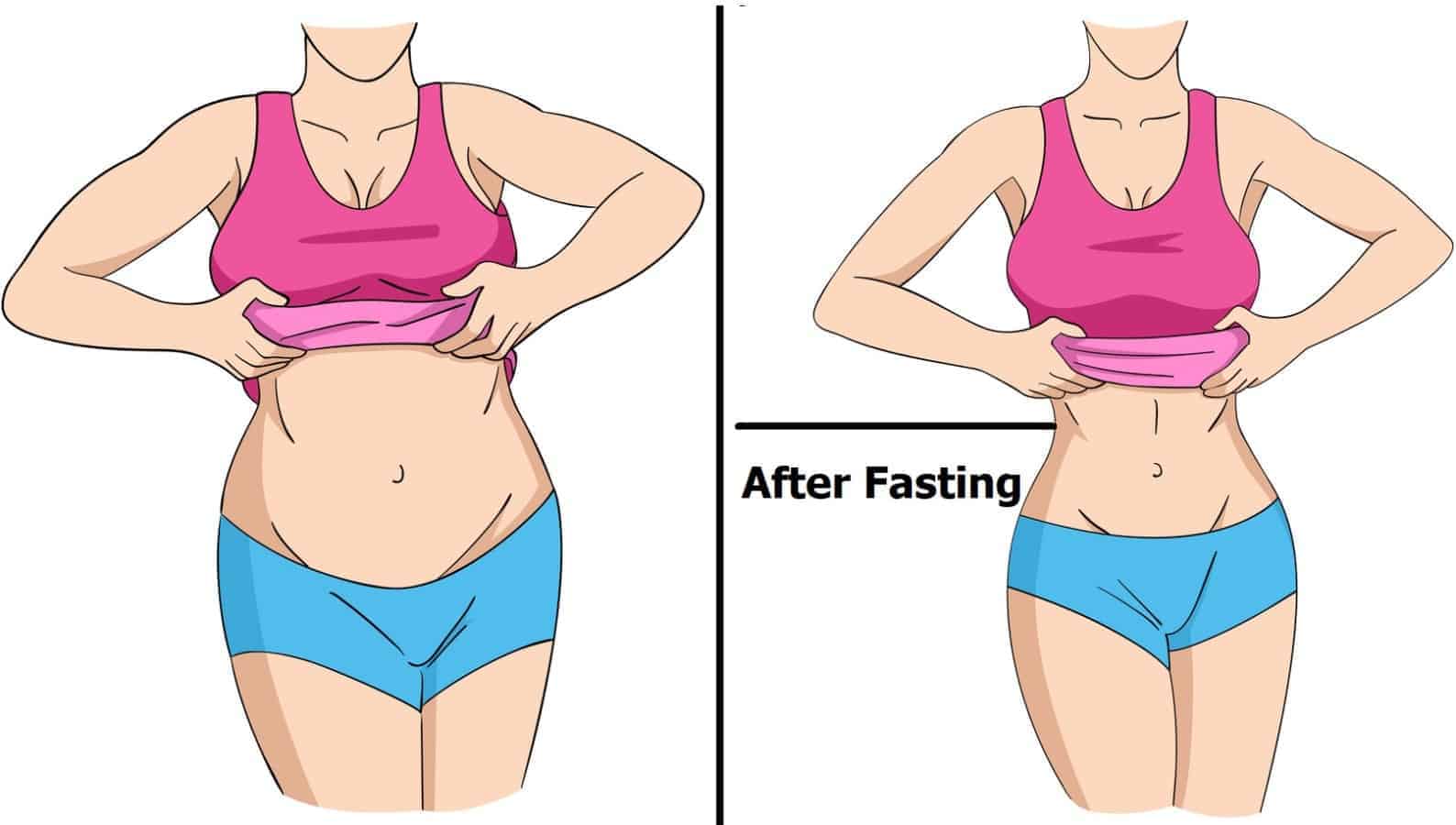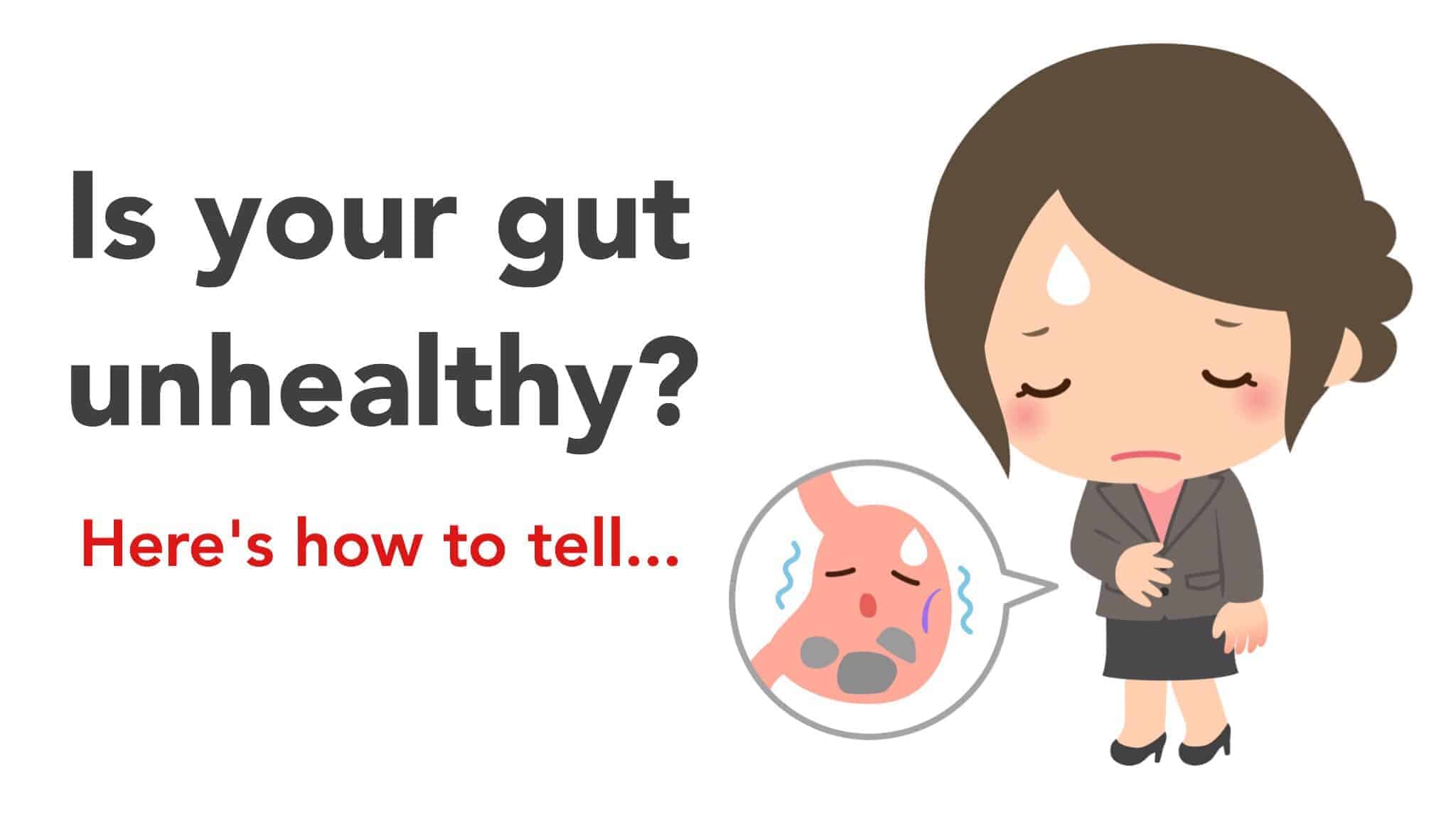If you love hot baths after a long day at work or school, you’ll love them even more with the addition of some Epsom salt! Before we get into this unique salt’s benefits, let’s review history first. Epsom salt originates from a bitter saline spring at Epsom (where it gets its name) in Surrey, England, where it was first distilled from water. It differs from other salts because its mineral makeup contains magnesium and sulfate.
It has a variety of uses ranging from health and beauty to household cleaners and even gardening. Most commonly, people use it to relax their muscles and relieve pain. However, we’ll go over a few other benefits of this fantastic form of salt as well.
Here’s what happens when you use Epsom salts regularly:
1. Boosts Magnesium Levels
Most importantly and perhaps obviously, Epsom salts can boost magnesium levels in the body. Magnesium provides essential human benefits, including aiding in muscle control, electrical impulses, and eliminating toxins. However, it should be noted that, despite claims of people absorbing magnesium in Epsom baths, no research indicates this is true. Epsom salt needs to pass through your gastrointestinal tract to boost magnesium levels in the body. Even then, not all of the magnesium will get absorbed; this is highly variable and depends on factors such as body magnesium levels and the source of magnesium.
You can add a bit of Morton’s Epsom to a glass of water and increase your magnesium levels. However, make sure to pay close attention to the serving size, as a magnesium overdose can be just as harmful as a deficiency.
2. Lowers Stress
Another well-known benefit of Epsom salt is its ability to reduce stress and anxiety. Combine that with a nice soak in a hot bath, and you’ll be in absolute heaven.
According to research published in the Journal of the American College of Nutrition, magnesium deficiency can make us more vulnerable to stress reactions. Another study showed that magnesium can reverse this reaction and lower stress levels, which makes Epsom salt all the more appealing. Magnesium helps with cell energy production, so adding Epsom salt to your bath or taking it orally can help you feel refreshed and de-stressed.
3. Relieves Constipation
Epsom salt has been FDA-approved as a natural laxative, so that it can help with constipation and bloating. It helps to increase water in the intestines and flushes waste from the colon. A review of studies published in Therapeutic Advances in Gastroenterology found that Epsom salt “has potent laxative effect in vitro through the release of digestive hormones and neurotransmitters.”
To take Epsom salt orally, mix in one serving with eight ounces of water. You can add lemon or other fresh fruit slices to your liking.
4. Reduces Pain & Inflammation
One of Epsom’s most common benefits and uses is its ability to relieve pain and inflammation. It can also help to heal cuts and reduce swelling; some people have reported that it helps relieve headaches and migraines.
Overall, increased magnesium levels from Epsom salt can help with inflammation since low magnesium has been linked with higher C-reactive protein (CRP), one of the leading indicators of inflammation in the body.
5. Improves Blood Sugar Levels
By supplementing with magnesium from Epsom, you can lower your risk of diabetes and help your body more effectively produce and utilize insulin. Regular use of Epsom salts can help lower blood sugar and increase your energy. Studies have shown that men and women who get the daily recommended amount of magnesium have a lower risk of developing Type 2 diabetes, so Epsom salt can certainly help in this regard.
6. Flushes Toxins From The Body
Epsom salt can also help eliminate harmful agents from the body due to the sulfates in its mineral makeup. To allow the salt to draw toxins and heavy metals from your body, soak in the bath for about 40 minutes or add a serving to your water in the morning. You’ll feel rejuvenated and energetic once you add Epsom salt to your daily routine!
Final Thoughts on the Benefits of Epsom Salt
Epsom salt has the potential to be incredibly healing for the body, because magnesium is one of the most important minerals we need to function properly. However, keep the dosage in mind if you’re taking it orally, and if you’re using it in your baths, our only advice is to sit back, relax, and enjoy!











